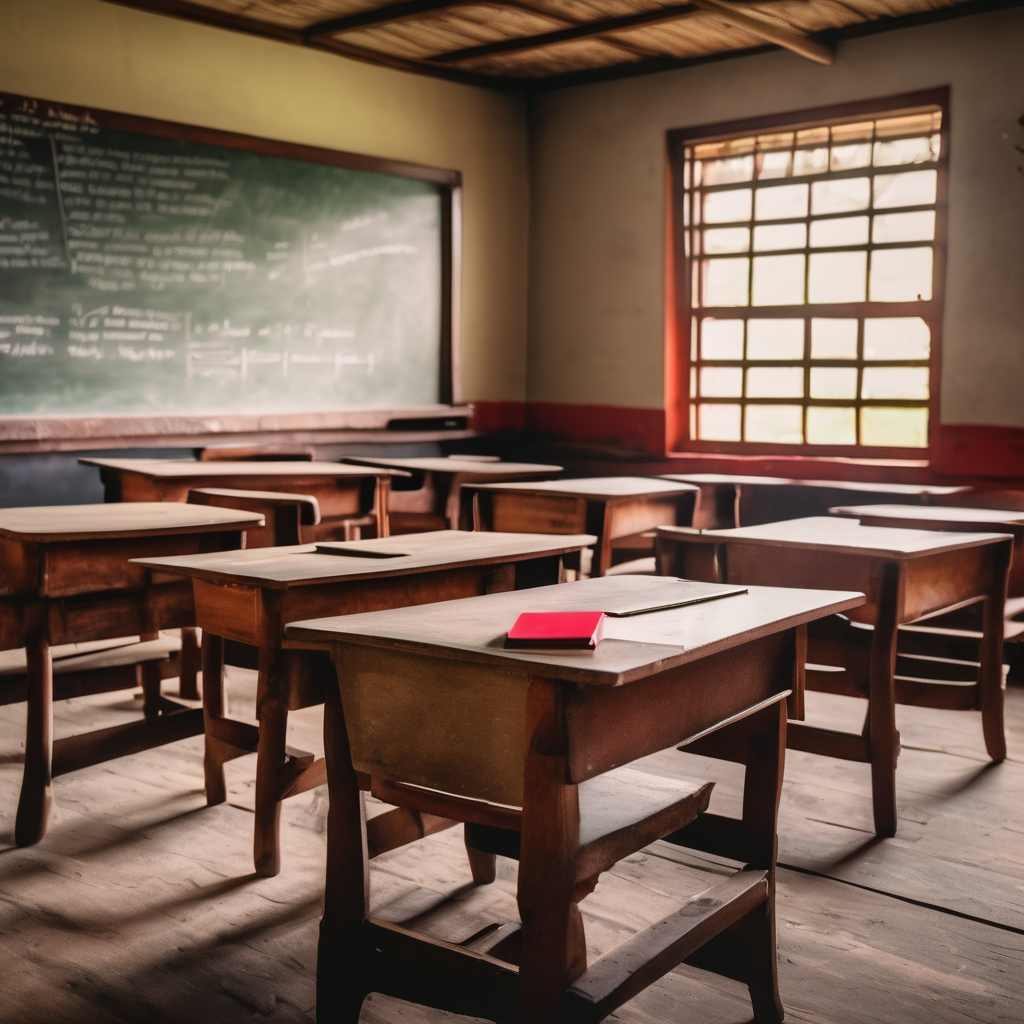The General Secretary of the Fijian Teachers Association, Paula Manumanunitoga, has raised significant concerns regarding the impact of the ban on corporal punishment in schools, asserting that it has left educators feeling powerless in their efforts to maintain discipline. Speaking at the National Conversation on Corporal Punishment in Suva, he highlighted troubling behaviors from students, such as verbal and physical aggression directed at teachers, including instances of being sworn at, having objects thrown, and even physical assaults.
Manumanunitoga linked the increasing lack of discipline in schools to what he perceives as a breakdown of parental responsibility at home. He expressed concern that this situation is contributing to a decline in academic performance and exacerbating negative student behavior. “Fiji once led the Pacific in literacy and numeracy, but where are we now? Parents are not playing their part, children are being neglected, and teachers are left to handle the consequences,” he remarked.
Despite recognizing the value of counseling and positive discipline strategies, Manumanunitoga cautioned that without stronger deterrents, Fiji risks confronting substantial social issues in the future. He urged stakeholders to engage with parents and communities to identify solutions that would best support children, teachers, and the nation’s educational future.
This discussion aligns with a broader debate within Fiji regarding the reintroduction of corporal punishment. Similar conversations have been sparked by Fijian Teachers Association President Netani Druavesi, who previously advocated for returning corporal punishment due to escalating behavioral problems in schools. Critics of this movement, including child rights advocates and community leaders such as Nilesh Lal of Dialogue Fiji, argue that corporal punishment is tantamount to child abuse and leads to further societal violence.
The current climate reflects alarmingly high rates of childhood abuse in Fiji, with reports indicating that five out of six children experience some form of abuse or neglect. As these discussions continue, there is hope that they will inspire a transition toward more compassionate forms of discipline that emphasize the emotional well-being of students while protecting the mental health of teachers. Advocating for non-violent disciplinary practices may pave the way for a healthier, more supportive educational environment in Fiji, allowing children to thrive academically and emotionally.
